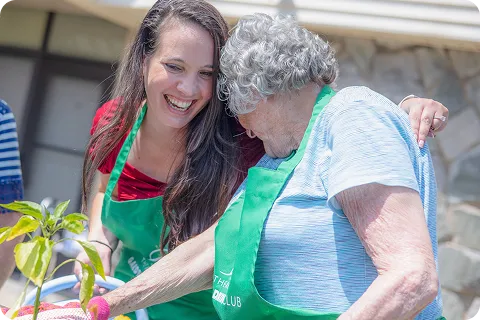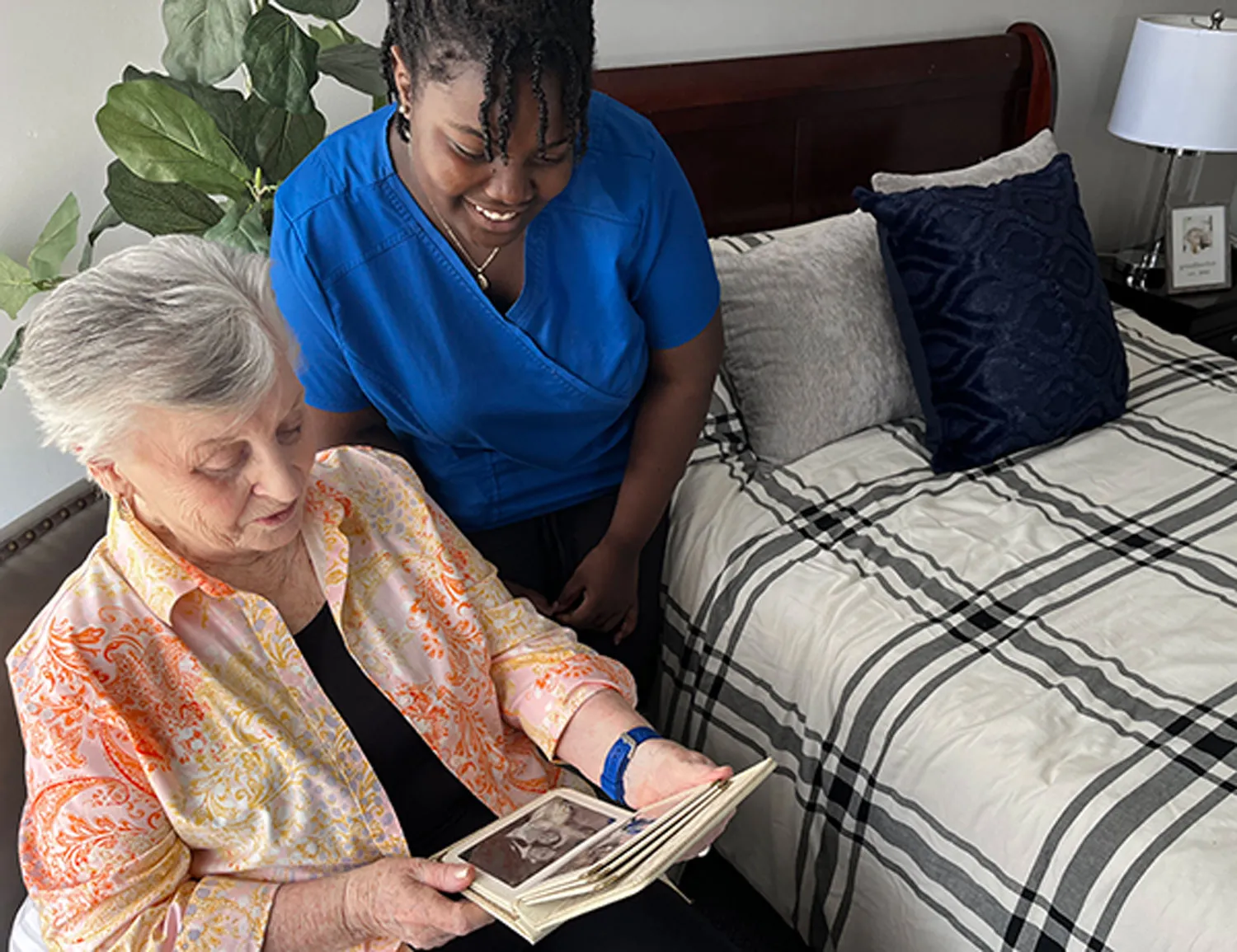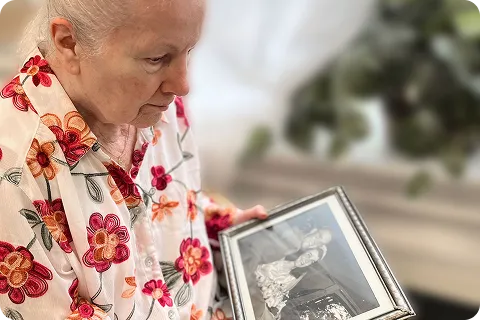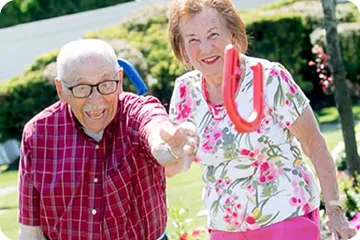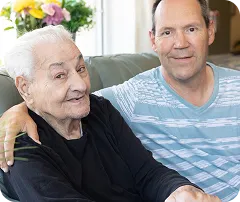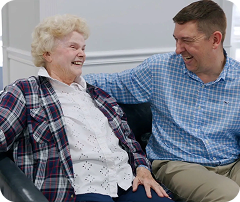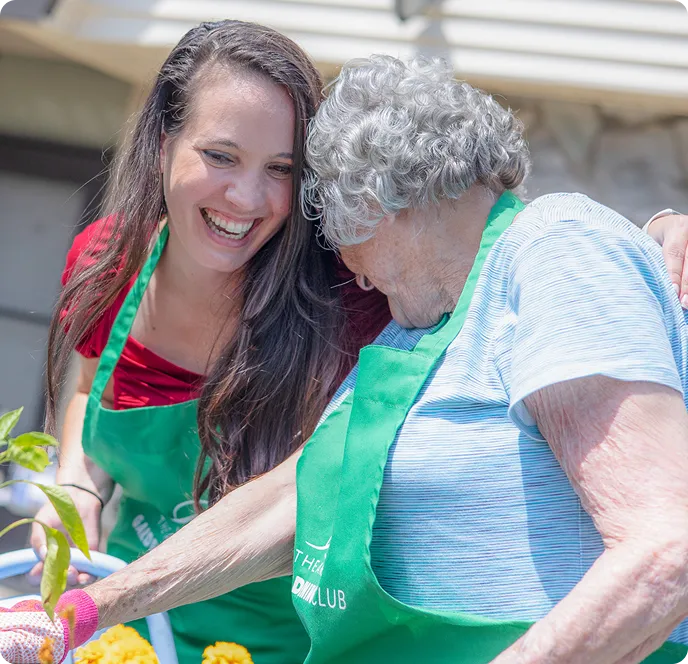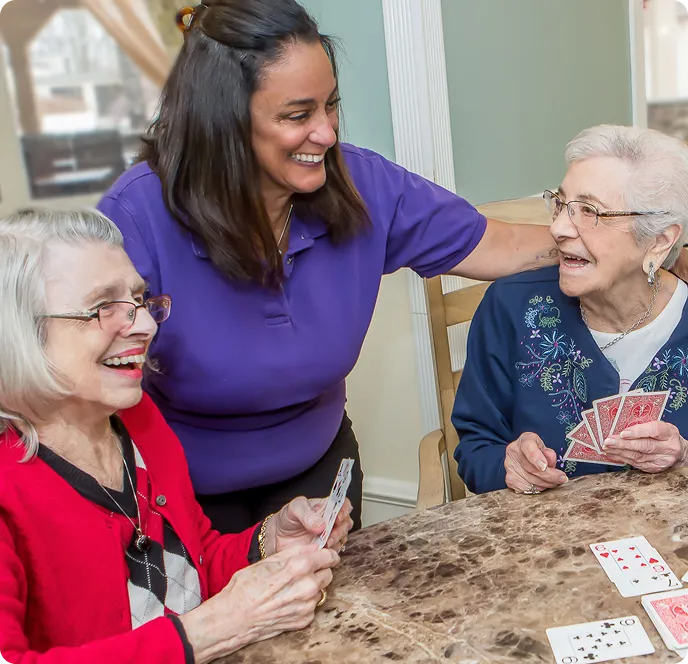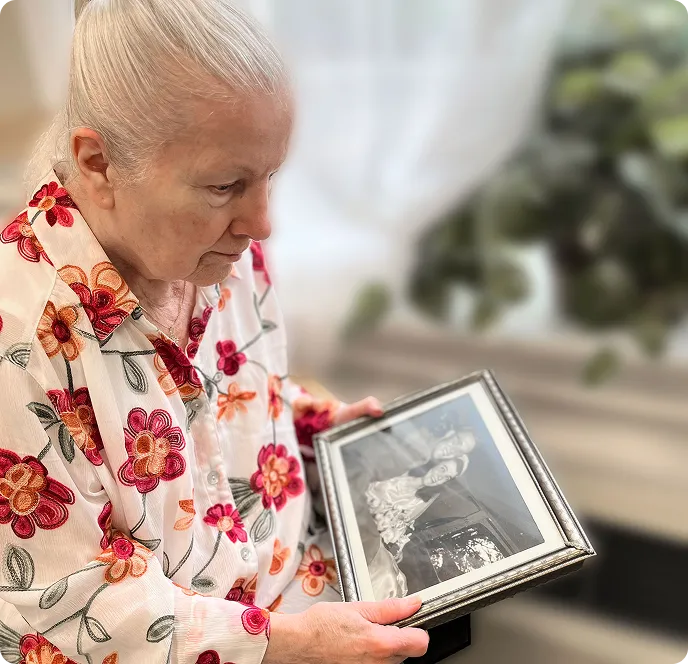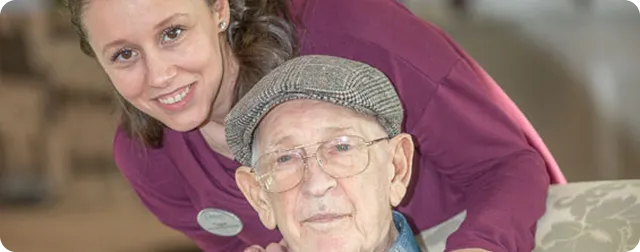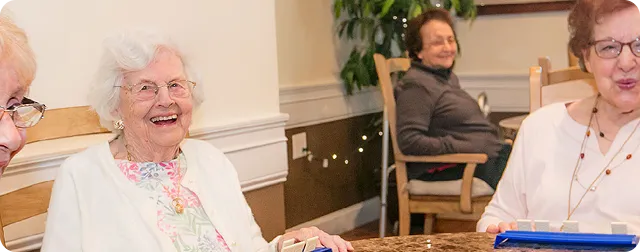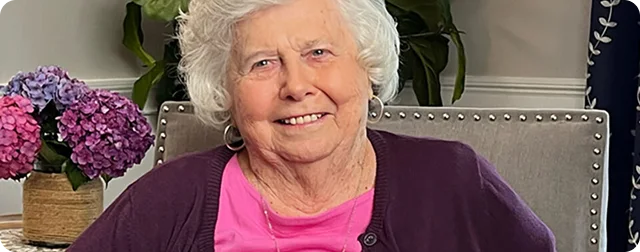(631) 778-7747
The Importance of Self-care as the Caregiver

The Importance of Self-care as the Caregiver
Take Care of Yourself
As we all know, the first rule on an airplane is to put on your own oxygen mask before you assist anyone else. Only when we first help ourselves can we effectively help others. Caring for yourself is one of the most important—and one of the most often forgotten—things you can do as a caregiver. When your needs are taken care of, the person you care for will benefit, too.
Effects of Caregiving on Health and Well-Being
If you are a caregiving spouse between the ages of 66 and 96 and are experiencing mental or emotional strain, you have a risk of dying that is 63% higher than that of people your age who are not caregivers. The combination of loss, prolonged stress, the physical demands of caregiving, and the biological vulnerabilities that come with age place you at risk for significant health problems as well as an earlier death.
Older caregivers are not the only ones who put their health and well-being at risk. If you are a baby boomer who has assumed a caregiver role for your parents while simultaneously juggling work and raising adolescent children, you face an increased risk for depression, chronic illness, and a possible decline in quality of life.
But despite these risks, family caregivers of any age are less likely than non-caregivers to practice preventive healthcare and self-care behavior. Regardless of age, sex, and race and ethnicity, caregivers report problems attending to their own health and well-being while managing caregiving responsibilities.
Reducing Personal Stress
How we perceive and respond to an event is a significant factor in how we adjust and cope with it. The stress you feel is not only the result of your caregiving situation but also the result of your perception of it—whether you see the glass as half-full or half-empty. It is important to remember that you are not alone in your experiences.
- Recognize warning signs early. These might include irritability, sleep problems, and forgetfulness. Know your own warning signs, and act to make changes. Donʼt wait until you are overwhelmed.
- Identify sources of stress. Ask yourself, “What is causing stress for me?”Sources of stress might be that you have too much to do, family disagreements, feelings of inadequacy, or the inability to say no.
- Identify what you can and cannot change. Remember, we can only change ourselves; we cannot change another person. When you try to change things over which you have no control, you will only increase your sense of frustration. Ask yourself, “What do I have some control over? What can I change?”Even a small change can make a big difference. The challenge we face as caregivers is well expressed in the following words modified from the original Serenity Prayer (attributed to American theologian Reinhold Niebuhr):
“God grant me the serenity to accept the things I cannot change,
Courage to change the things I can,
and (the) wisdom to know the difference.”
- Take action. Taking some action to reduce stress gives us back a sense of control. Stress reducers can be simple activities like walking and other forms of exercise, gardening, meditation, or having coffee with a friend. Identify some stress reducers that work for you.
Set Goals
Setting goals or deciding what you would like to accomplish in the next three to six months is an important tool for taking care of yourself. Here are some sample goals you might set:
- Take a break from caregiving.
- Get help with caregiving tasks like bathing and preparing meals.
- Engage in activities that will make you feel more healthy.
- Goals are generally too big to work on all at once. We are more likely to reach a goal if we break it down into smaller action steps. Once you’ve set a goal, ask yourself, “What steps do I take to reach my goal?”Make an action plan by deciding which step you will take first, and when. Then get started!
Seek Solutions
Seeking solutions to difficult situations is, of course, one of the most important tools in caregiving. Once youʼve identified a problem, taking action to solve it can change the situation and also change your attitude to a more positive one, giving you more confidence in your abilities.
- Identify the problem. Look at the situation with an open mind. The real problem might not be what first comes to mind. For example, you think that the problem is simply that you are tired all the time, when the more basic difficulty is your belief that “no one can care for John like I can.”The problem? Thinking that you have to do everything yourself.
- List possible solutions. One idea is to try a different perspective: “Even though someone else provides help to John in a different way than I do, it can be just as good.”Ask a friend to help. Call The Arbors and ask for help.
- Select one solution from the list. Then try it!
- Evaluate the results. Ask yourself how well your choice worked.
- Try a second solution. If your first idea didnʼt work, select another. But donʼt give up on the first; sometimes an idea just needs fine-tuning.
- Use other resources. Ask friends, family members, and professionals for suggestions.
- If nothing seems to help, accept that the problem may not be solvable now. You can revisit it at another time.
Communicate Constructively
Being able to communicate constructively is one of a caregiverʼs most important tools. When you communicate in ways that are clear, assertive, and constructive, you will be heard and get the help and support you need.
Use “I” messages rather than “you” messages. Saying “I feel angry” rather than “You made me angry” enables you to express your feelings without blaming others or causing them to become defensive.
Respect the rights and feelings of others. Do not say something that will violate another personʼs rights or intentionally hurt the personʼs feelings. Recognize that the other person has the right to express feelings.
Be clear and specific. Speak directly to the person. Donʼt hint or hope the person will guess what you need. Other people are not mind readers. When you speak directly about what you need or feel, you are taking the risk that the other person might disagree or say no to your request, but that action also shows respect for the other personʼs opinion. When both parties speak directly, the chances of reaching understanding are greater.
Be a good listener. Listening is the most important aspect of communication.
Ask for and Accept Help
When people have asked if they can be of help to you, how often have you replied, “Thank you, but I’m fine.” Many caregivers donʼt know how to marshal the goodwill of others and are reluctant to ask for help. You may not wish to “burden” others or admit that you can’t handle everything yourself.
Be prepared with a mental list of ways that others could help you. For example, someone could take the person you care for on a 15-minute walk a couple of times a week. Your neighbor could pick up a few things for you at the grocery store. A relative could fill out some insurance papers. When you break down the jobs into very simple tasks, it is easier for people to help. And they do want to help. It is up to you to tell them how.
Help can come from community resources, family, friends, and professionals. Ask them. Donʼt wait until you are overwhelmed and exhausted or your health fails. Reaching out for help when you need it is a sign of personal strength.
Talk to the Physician
In addition to taking on the household chores, shopping, transportation, and personal care, 37 percent of caregivers also administer medications, injections, and medical treatment to the person for whom they care. Some 77% of those caregivers report the need to ask for advice about the medications and medical treatments. The person they usually turn to is their physician.
But while caregivers will discuss their loved oneʼs care with the physician, caregivers seldom talk about their own health, which is equally important. Building a partnership with a physician that addresses the health needs of the care recipient and the caregiver is crucial. The responsibility of this partnership ideally is shared between you, the caregiver, the physician, and other healthcare staff. However, it will often fall to you to be assertive, using good communication skills, to ensure that everyoneʼs needs are met—including your own.
Start to Exercise
You may be reluctant to start exercising, even though youʼve heard itʼs one of the healthiest things you can do. Perhaps you think that physical exercise might harm you, or that it is only for people who are young and able to do things like jogging. Fortunately, research suggests that you can maintain or at least partly restore endurance, balance, strength, and flexibility through everyday physical activities like walking and gardening. Even household chores can improve your health. The key is to increase your physical activity by exercising and using your own muscle power.
Exercise promotes better sleep, reduces tension and depression, and increases energy and alertness. If finding time for exercise is a problem, incorporate it into your daily activity. Perhaps the care recipient can walk or do stretching exercise with you. If necessary, do frequent short exercises instead of those that require large blocks of time. Find activities you enjoy.
Walking, one of the best and easiest exercises, is a great way to get started. Besides its physical benefits, walking helps to reduce psychological tension. Walking 20 minutes a day, three times a week, is very beneficial. If you canʼt get away for that long, try to walk for as long as you can on however many days you can. Work walking into your life. Walk around the mall, to the store, or a nearby park. Walk around the block with a friend.
Learn from Our Emotions
It is a strength to recognize when your emotions are controlling you (instead of you controlling your emotions). Our emotions are messages to which we need to listen. They exist for a reason. However negative or painful, our feelings are useful tools for understanding what is happening to us. Even feelings such as guilt, anger, and resentment contain important messages. Learn from them, then take appropriate action.
Caregiving often involves a range of emotions. Some feelings are more comfortable than others. When you find that your emotions are intense, they might mean the following:
- That you need to make a change in your caregiving situation.
- That you are grieving a loss.
- That you are experiencing increased stress.
- That you need to be assertive and ask for what you need.
Remember, it is not selfish to focus on your own needs and desires when you are a caregiver—itʼs an important part of the job. You are responsible for your own self-care.
Recent News
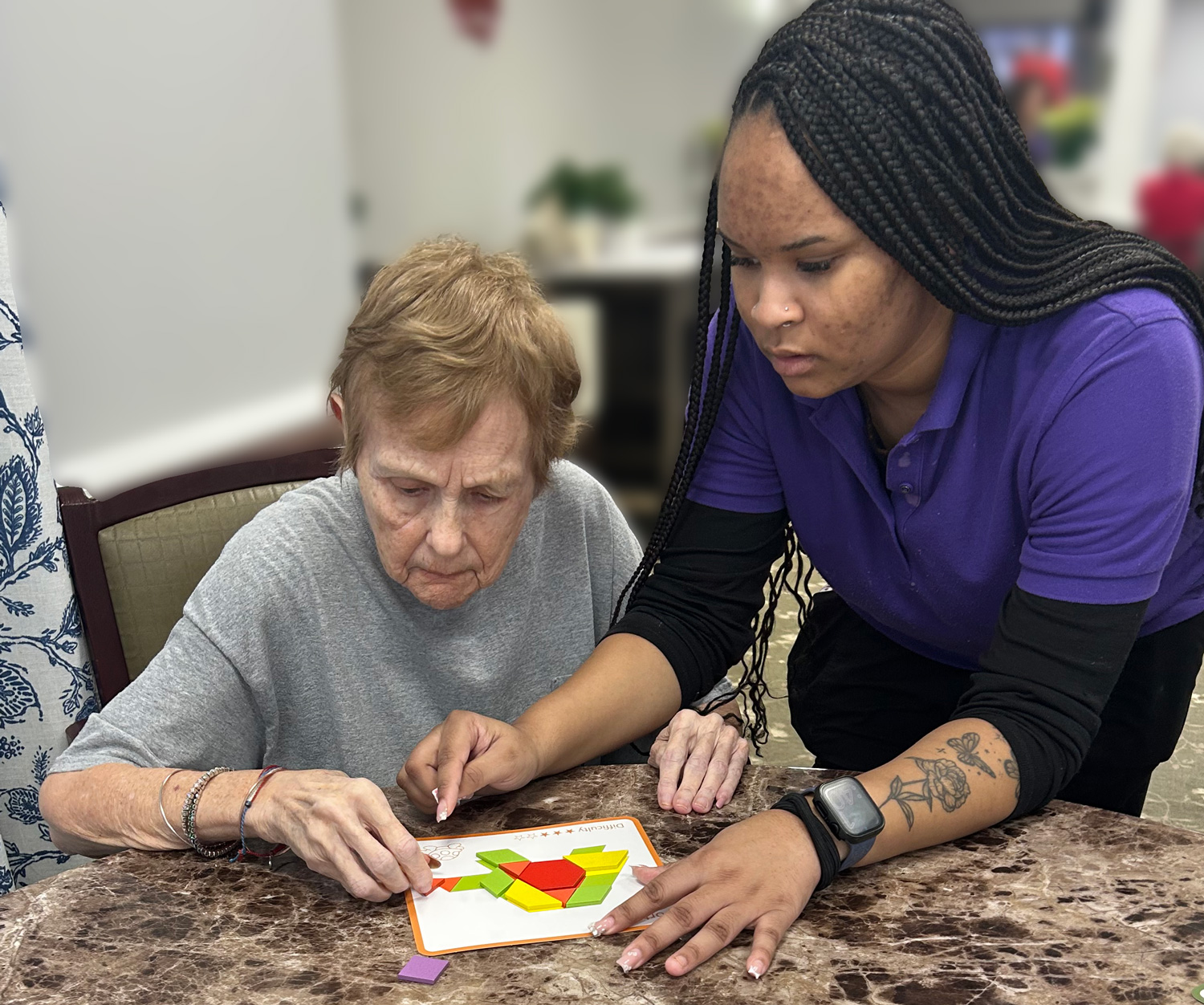
The Power of Touch
February 9, 2026

Winter Readiness for Caregivers: Do You Have a Plan?
January 6, 2026
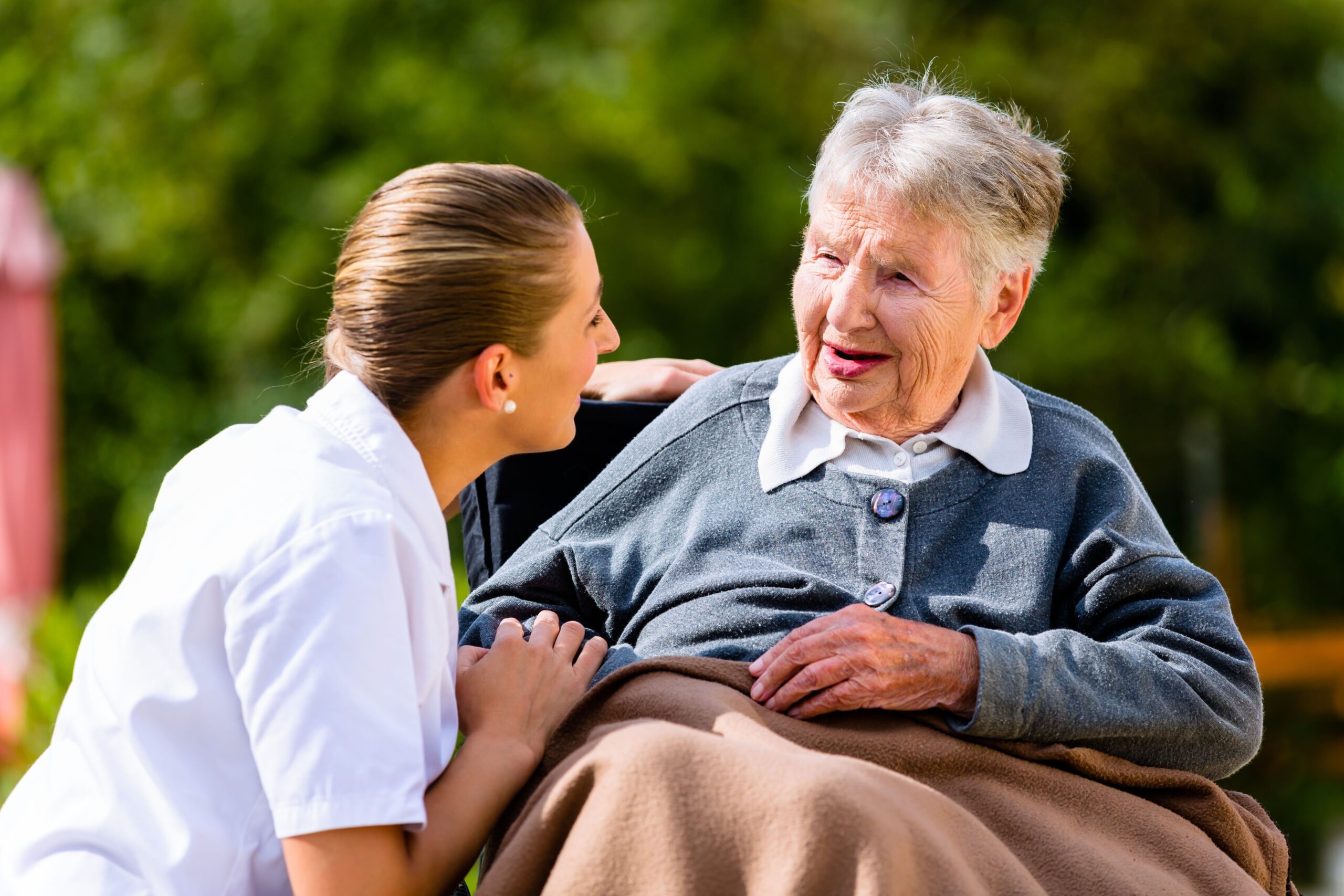
Important Topics to Discuss With Local Assisted Living Centers
November 10, 2025

When It’s Time: Helping Your Parents Accept the Need for Assisted Living
October 15, 2025

How to Encourage an Aging Parent to Shower When They Refuse
July 2, 2025
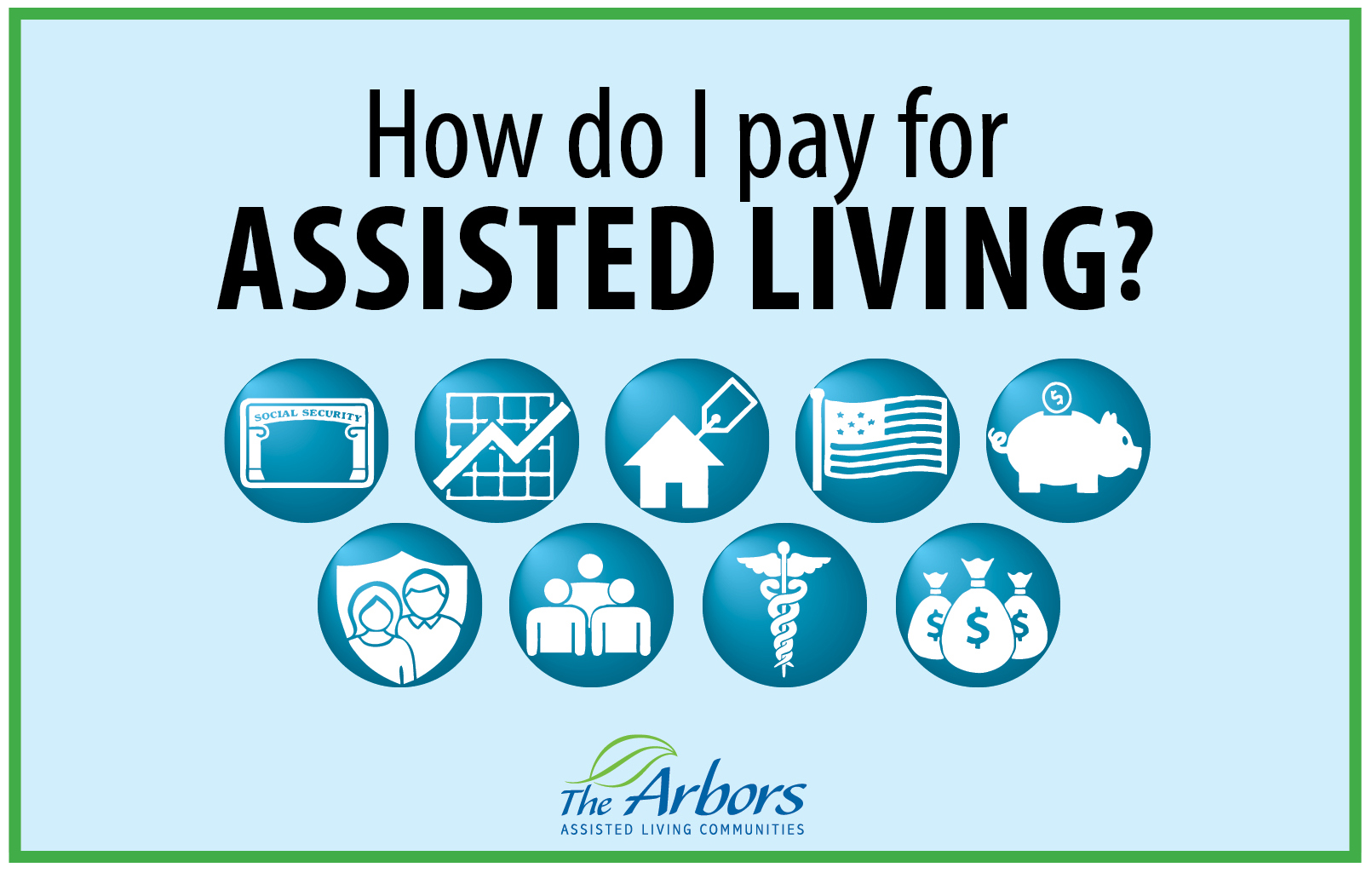
How Do I Pay for Assisted Living
June 6, 2025
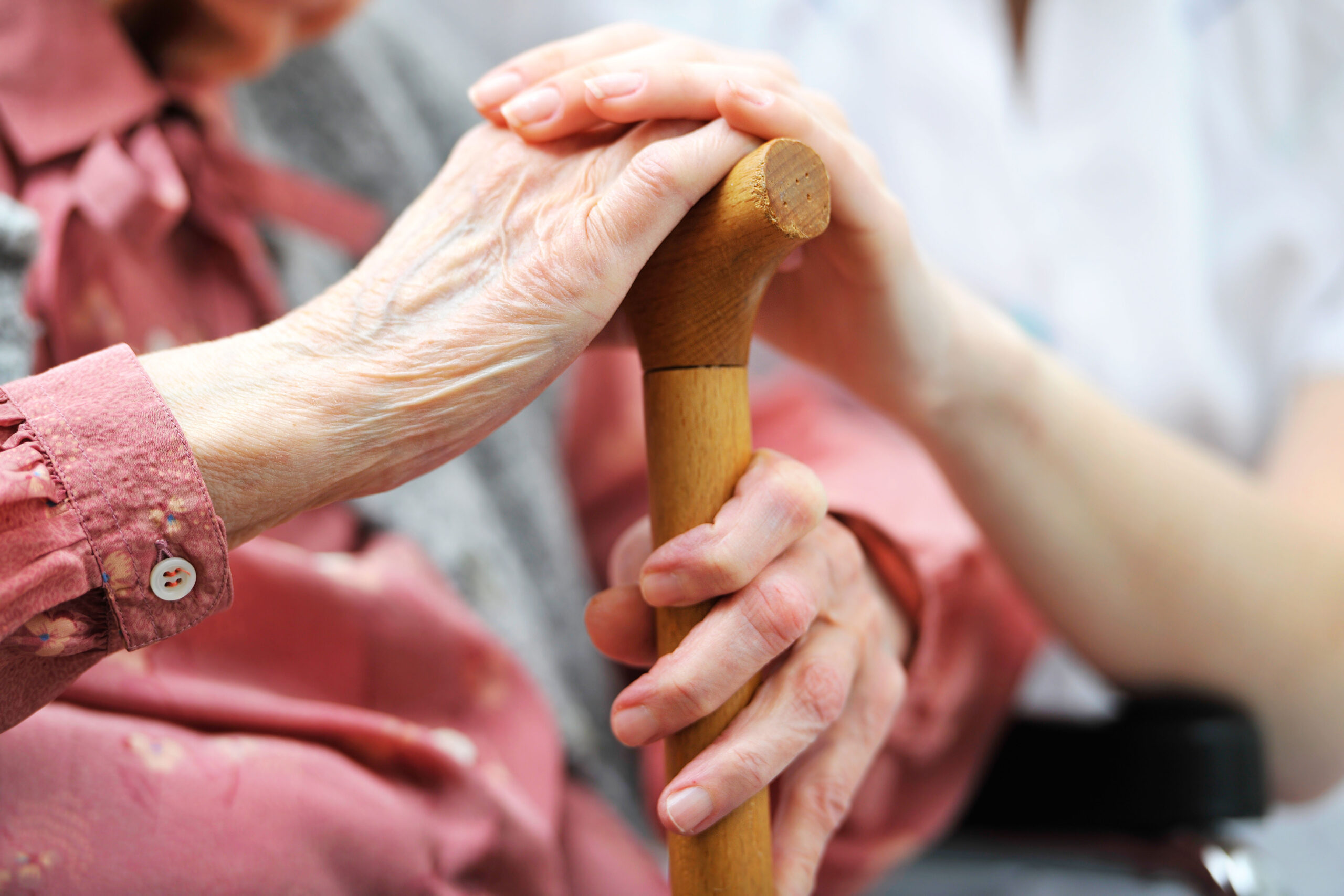
3 Signs You Should Consider Assisted Living
May 15, 2025
GET IN TOUCH
Let’s Talk About Making The Arbors Your Home
REQUEST A VISIT
Schedule a Tour of our Long Island Assisted Living Communities


